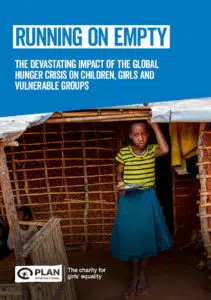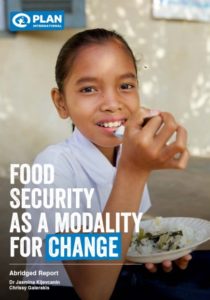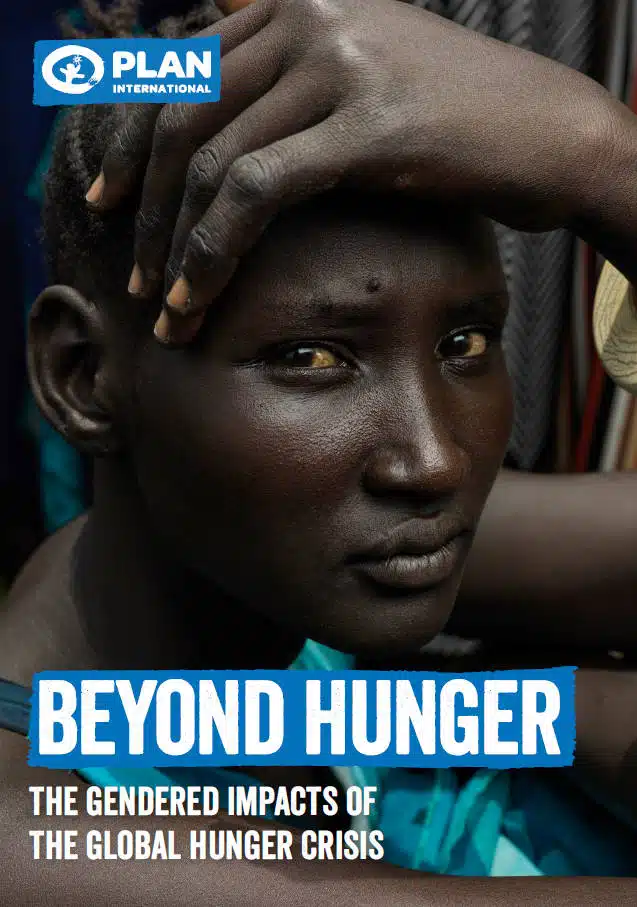The world is in the midst of a devastating, and escalating, hunger crisis. At least 345 million people across 82 countries are currently facing or are at risk of acute food insecurity, with 50 million people on the brink of starvation, teetering on the edge of famine (Source: World Food Programme).
These statistics paint an arresting picture – yet there is much that they obscure. Global headlines tell us nothing about how individuals’ vulnerability to and experiences of this food crisis differ, nor the factors that shape these differential impacts.
The causes and consequences of food insecurity are closely entwined with gender. This report presents new evidence on the gendered impacts of the current global hunger crisis from eight of the countries most affected: Ethiopia, Kenya, Somalia, South Sudan, Mali, Burkina Faso, Niger and Haiti.
It draws on, and synthesises, data from eight recent Rapid Gender Analyses (RGAs) conducted by Plan International and its partners. The analyses have a particular focus on the inclusion of adolescents and young people, whose specific needs are often not addressed as part of humanitarian responses.
Together, the RGAs analysed for this report involved the participation of 7158 respondents across the eight countries through a combination of household surveys, focus groups and key informant interviews.



